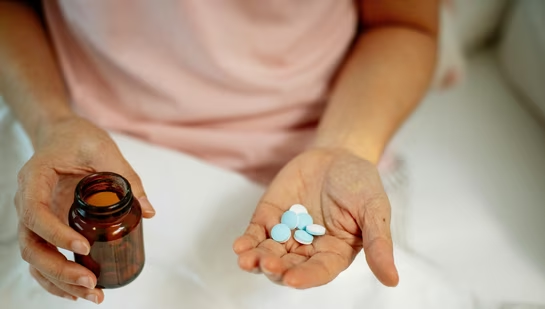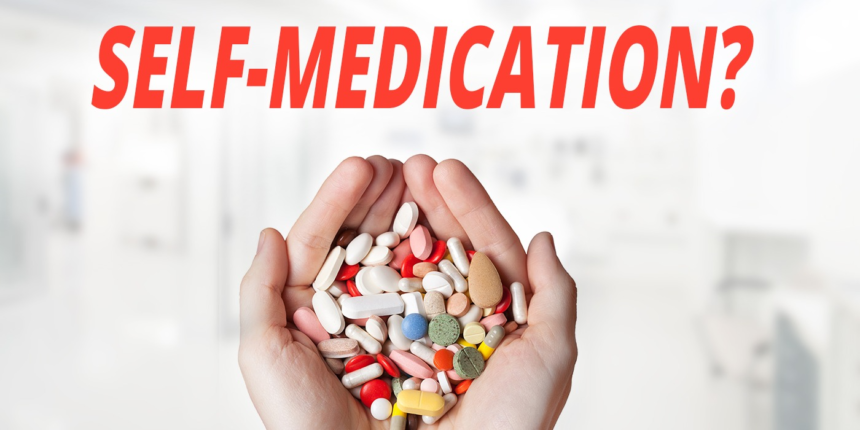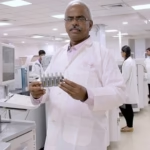Unfortunately, many people who are living from more serious health conditions, particularly mental health conditions, turn to self-medication as an alternative to seeking appropriate care. Potential risks of self-medicating serious health conditions include incorrect self-diagnosis, increased risk of drug or supplement interactions, incorrect choice of therapy and risk of dependence of abuse.
What is Self-Medication?
Self-medicating is dangerous. It can cause serious problems, so it is important to set up an appointment with a doctor when any symptoms of an illness or mental health condition occur. A huge number of the people may lose their health due to unawareness about the proper used of medicines similarly some of the people; based on their own expertise use the medicines for gaining relief from the health problems.
Why Self-Medicate?
Self-medication of mental health conditions with substances is generally accepted as having very limited benefit in treating the condition. However, to the person who is self-medicating, the typical rationale may not apply. There is a vast array of reasons why someone may decide to self-medicate with substances in order to cope with their symptoms of mental health conditions. Although the exact reason is very specific to an individual’s situation, there are some commonly understood reasons including.
- The cost of medical treatment, including doctor visits and medications
- Fear of seeking treatment due to perceived negative stigmas.
- Hiding or denying a condition
- Inefficient medications used for treatments in the past
- Fear of side effects from medications
The reasoning behind why someone may choose to self-medicate may not make sense to others. However, it is important not to dismiss their thinking. When helping someone who is self-medicating as a way to cope with mental illness, compassionate intervention is key to guiding mental health treatment toward appropriate.
Forms of Self-Medication
Self-medication is the selection of certain practices, supplements, medicines or substances in order to treat self-recognized symptoms. There are many ways to self-medicate and some are more beneficial and less harmful than others. Unfortunately, many individuals turn to harmful substances as their preferred method of self-medication.
Alcohol: Self-medicating with alcohol is a common practice because of the availability and general acceptance of the use of alcohol.
Opiates: Opiates or opioids are medications that mimic the effects of opium, a substance derived from the poppy plant. Commonly used opiates include codeine, morphine, heroin, oxycodone and hydrocodone.
Marijuana: Marijuana, also known as cannabis, has been recognized by the United Nations at the most widely used substance among people with depression.
Stimulants: Prescription stimulants or amphetamines are prescribed for the management of some conditions, including ADHD. These medications are prescribed and closely monitored by physicians.
Food: The terms “emotional eating,” “binge eating” or “comfort eating” are commonly used to describe the practice of self-medicating with food.
The Risks of Self-Medication

Although self-medication is a form of self-care commonly used to manage symptoms of minor illnesses or injuries, the practice of self-treatment for serious health conditions, such as mental health conditions, has many risks.
The risks of self-medication include:
- Incorrect self-diagnosis
- Delays in seeking appropriate medical advice and proper treatment
- Potential adverse reactions
- Worsening of the condition the individual is trying to self-treat
- Dangerous drug interaction
- Masking of severe diseases
- Risk of dependence and abuse
Getting Help for Self-Medication
The first step to getting help for self-medication can be difficult as it involves recognizing that there is a problem that requires the help of medical professionals. It may be helpful to reach out to family or friends in order to get support and guidance toward appropriate medical treatment and counseling. A trained healthcare provider can diagnose existing mental health conditions and help you manage the effects of self-medicating with addictive substances.




